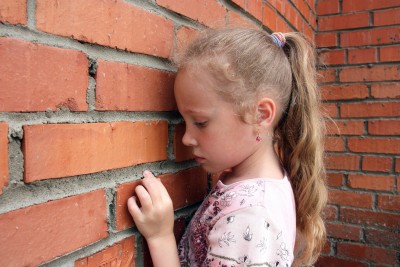Allegations of Sexual Abuse of Children in Divorce Procedures

Towards Evidence-Based Guidelines
This research focuses on the rare but serious cases where one parent accuses the other of sexual abuse of one of the children, while the couple is in a divorce procedure, or already separated. Divorce procedures can be a natural moment for sexual abuse to be revealed. During marriage, the other parent (usually the mother) may have turned a blind eye due to fear or loyalty towards the abusing parent. The divorce might liberate the mother from the control and fear of the father and could make her feel safe enough to verbalize her knowledge or suspicion of the abuse.
However, some of the allegations during divorce are false. Policies on parental responsibility, child residence and contact arrangements might give mothers an opportunity to gain advantage for herself. By accusing the father of sexual abuse she could obtain single custody or withhold access to the children.
High demands are made on civil judges who are faced with allegations of child sexual abuse in divorce proceedings. They have to make important decisions under difficult circumstances: there is little to no evidence, no guidelines, external help lengthens the trial, and there are serious consequences in legal decision making. Children could be at risk of being damaged by the sexual abuse, and the judges have to decide on matters such as custody and access. This is made even more difficult because the risk of false allegations cannot be ruled out.
The research centres around the difficulty that a civil judge faces and the goal is to relief the high demands that are put on judges by developing evidence-based guidelines. In this project, court files and CPS files are reviewed, judges, children and parents will be interviewed and it will conclude with focus groups.
Deel dit artikel
Actuele berichten

